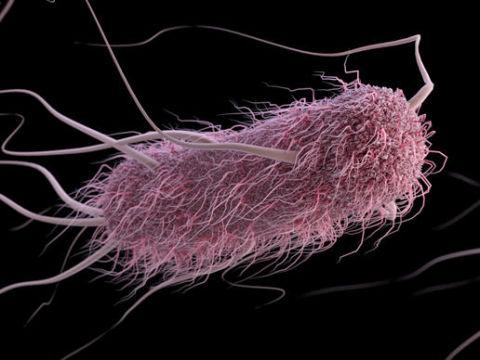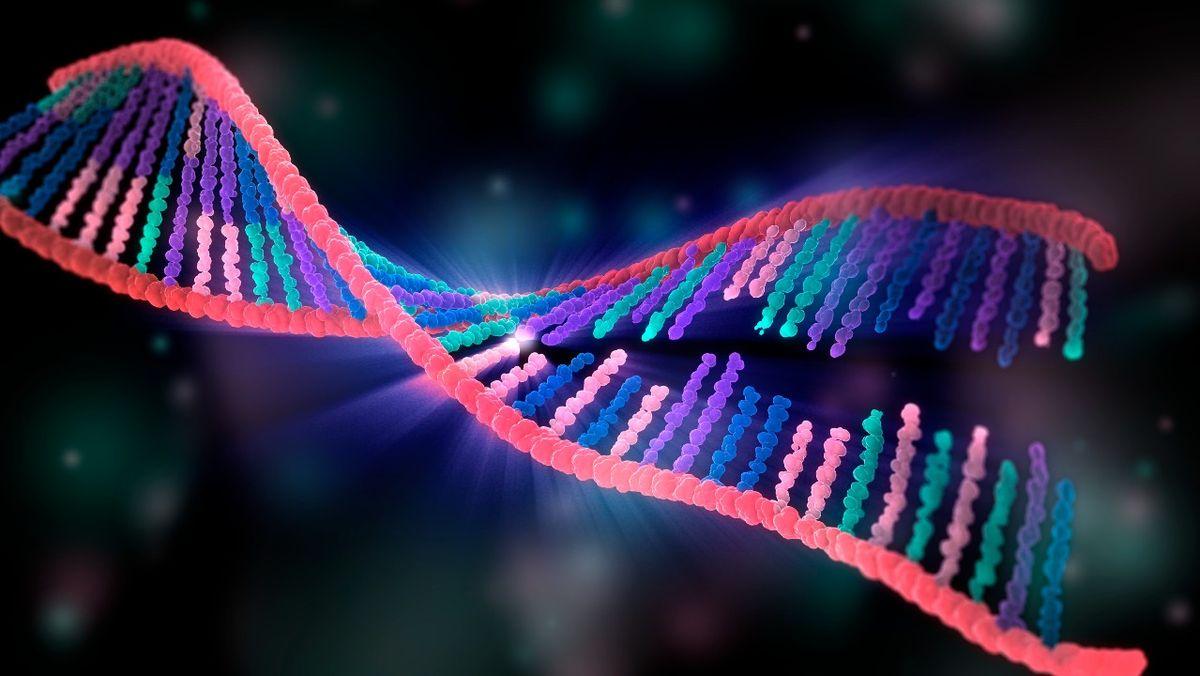Scientists categorize all life into three domains. Archaea, bacteria, and eukarya encompass Earth’s biodiversity.
An estimated 8.7 million species populate these domains. Could a fourth domain be lurking undiscovered?
Archaea: Earth’s Most Misunderstood Life Form?

Archaea remain largely mysterious since their 1970s discovery. These single-celled organisms lack a nucleus.
They thrive in extreme environments like hot springs and salt lakes. What other secrets do these ancient microbes hold?
Hydrogenases: The Enzyme That Breaks Rules?

Scientists discover hydrogen-producing enzymes in archaea. This finding contradicts decades of biological assumptions.
Archaea have used these enzymes for two billion years. How will this reshape our understanding of life’s evolution?
Endosymbiosis: Did Hydrogen Unite Life’s Domains?

Hydrogen exchange may have created the first eukaryotes. This process potentially merged ancient archaea with bacteria.
It could explain the origin of complex life forms. Will this theory rewrite biology textbooks?
Lab-Grown Enzymes: Recreating Ancient Biological Machinery?

Researchers synthesized archaeal enzymes in the lab. They identified [FeFe]-hydrogenase in archaea genomes.
This enzyme type was previously unknown in archaea. Can we harness this ancient technology for modern use?
Size Matters: Are Smaller Enzymes More Efficient?

Archaeal hydrogenases are the smallest yet most complex. They outperform similar enzymes from other domains.
These enzymes function in extreme conditions. Could their compact design inspire new technologies?
Green Energy: Can Archaea Power Our Future?

Hydrogen shows promise as a clean energy source. Archaeal enzymes could improve hydrogen production efficiency.
The global hydrogen market could reach $201 billion by 2025. Will archaea enzymes accelerate the green energy revolution?
Extreme Survivors: What Can Archaea Teach Us?

Some archaea thrive beyond boiling temperatures. Others survive in freezing environments.
These extremophiles demonstrate remarkable adaptability. Could their resilience help us tackle climate change?
Ancient Process, Modern Solution: A Cosmic Irony?

A two-billion-year-old process may shape our future. Archaea’s hydrogen metabolism could inspire new technologies.
This highlights the importance of basic research. How many other ancient solutions await discovery?
The Known Unknown: What Else Lurks in Archaea?

Archaea represent a vast, unexplored biological frontier. They comprise up to 20% of Earth’s biomass.
Only a fraction of archaeal species have been identified. What other groundbreaking discoveries hide in this domain?


